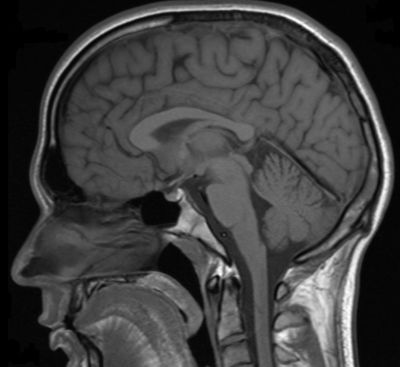
Mapping the complex interaction of brain, spinal cord, blood and cerebrospinal fluid (CSF) is required to unveil the dynamics of the brain in health and disease.

Obesity has become a major health issue, and the EU has prioritised the design of healthier foods to control the phenomenon.
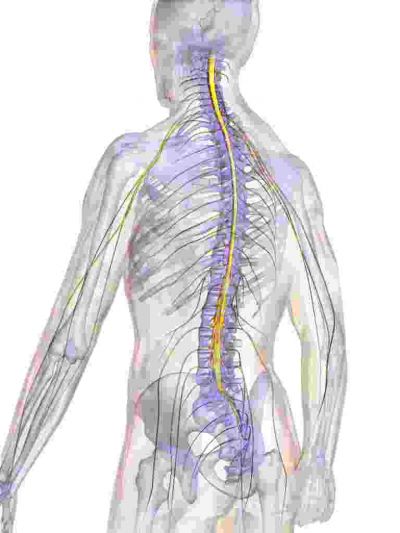
Regenerative medicine is a rapidly evolving field that steps in when traditional medicine fails. With the use of stem cells and growth factors, the regenerative approach promises to heal even spinal cord injuries.

Antimicrobial resistance (AR) is currently responsible for 15 times as many deaths caused by AIDS every year. EU researchers are investigating one of the microbes' genetic vehicles of resistance, the integron.
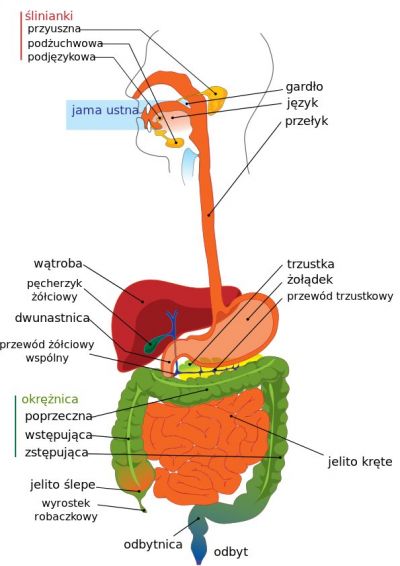
Obesity has become a major health issue, and the EU has prioritised the design of healthier foods to control the phenomenon.
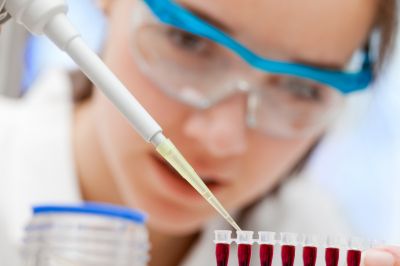
European researchers are using high-throughput technologies to delineate the mechanisms and explore novel therapeutic approaches for rare kidney diseases. The ultimate goal is to improve the dismal prognosis of patient with these disorders.

Onset of glucose intolerance during pregnancy, gestational diabetes mellitus (GDM), harms some babies and contributes to the type 2 diabetes (T2D) pandemic. A European project is paving the way for a holistic strategy to prevent GDM.

Cancer ranks amongst the biggest causes of mortality worldwide. There is an ongoing need to understand the underlying mechanisms of cancer onset, progression and metastasis.
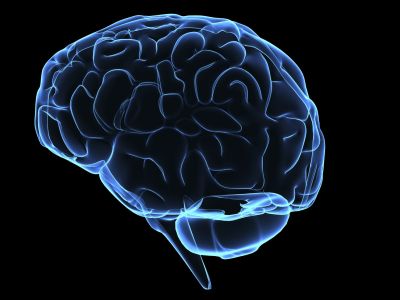
An EU team has contributed to efforts aimed at reducing health care costs by helping to prevent mental decline in elderly citizens. To that group, the project also communicated the benefits of EU health research via a collaborative process and by engaging media such as films.
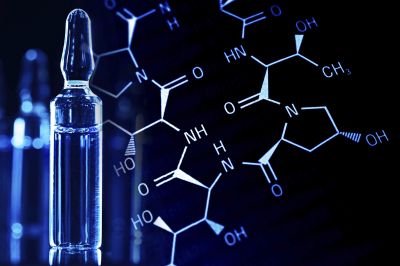
Several neurodegenerative disorders, including Parkinson's disease, are associated with dysfunctions of the dopamine system. Understanding dopamine synthesis regulation will facilitate exploration of new therapeutic options for such diseases, affecting millions of people worldwide.

Elucidating how the immune system develops in humans is central to treating or preventing infections in newborn babies.

An EU project has improved on measures of air pollution associated with transport, allowing a more in-depth understanding of its effects on human health.
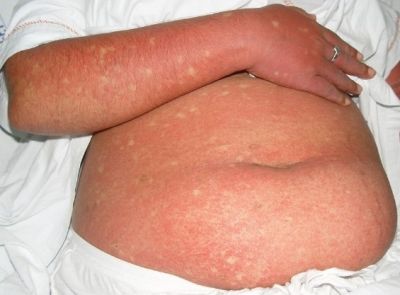
Around 400 million cases of dengue fever worldwide highlight the need for better disease management as well as effective transmission control and therapy. EU funding is supporting scientists in this endeavour.
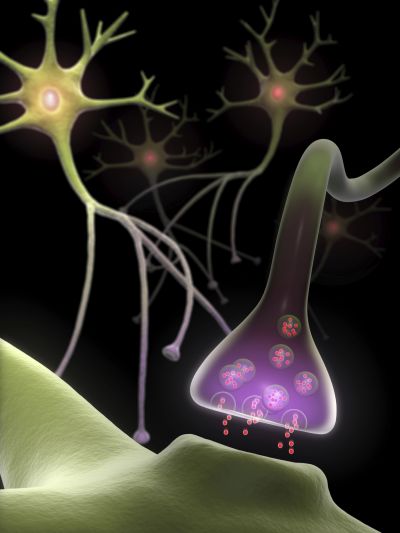
Age-related disorders are on the rise with increasing life expectancy. Understanding the pathology and the underlying mechanisms of these conditions is crucial for finding effective therapies.

Mental fatigue experienced during neuromuscular rehabilitation is currently detected using electroencephalography (EEG)-based systems. A first, researchers successfully combined video monitoring and EEG to quantify mental fatigue.

Cancer treatment remains a significant medical challenge today and there is an urgent need for new drugs with novel modes of action. EU funding is enabling research in this area using synthetic lycorine-based products.

Nanoparticles (NPs) can accumulate in spleen, gut, liver and brain, as observed in fish as environmental species. An EU-funded project investigated accumulation and toxicity of silver citrate and titanium oxide NPs using a cell culture model.

Traumatic brain injury (TBI) is one of the leading causes of death and disability worldwide and the technology for rapid diagnosis and treatment necessary to improve prognoses is lacking. A novel point-of-care diagnostic helmet is set to change that.

Healthy life years across the EU are on the rise, and this is transforming the experience of later life. An EU initiative is promoting the active participation of the elderly in all facets of society through a wide range of communication tools.
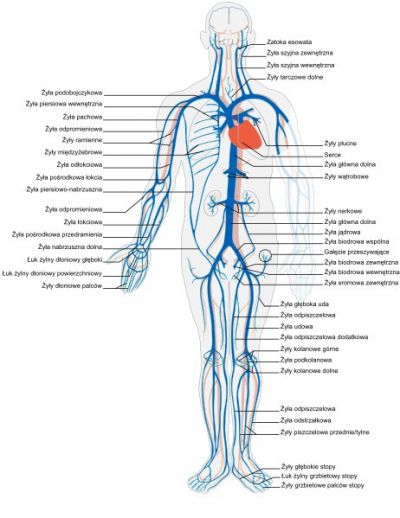
Our bodies are capable of forming new blood vessels, a process known as angiogenesis. Studying the molecular triggers of this phenomenon could lead to the design of novel therapeutic interventions.

Drug resistance is one of the most important factors in malaria treatment failure, often with deadly consequences. A pioneering cell phone-type device that analyses infection and malarial mutations with a finger prick could save billions of lives.

Antibiotic misuse triggers the emergence of drug-resistant bacteria. Understanding the mechanisms underlying this phenomenon should help develop appropriate measures.

The chronic shortage of effective health workers is a key obstacle to improving health and saving lives in Africa. An EU initiative has set out to enhance health services (HSs) in sub-Saharan Africa by improving the performance of the existing health workforce.

Understanding how tumours spread and generate metastases is central to therapy. A large consortium of European scientists focused on hypoxia for answers.

Tuberculosis represents one of the major medical challenges in history. Although curable for decades, improper treatment has led to the emergence of multi-drug resistant bacteria.
























